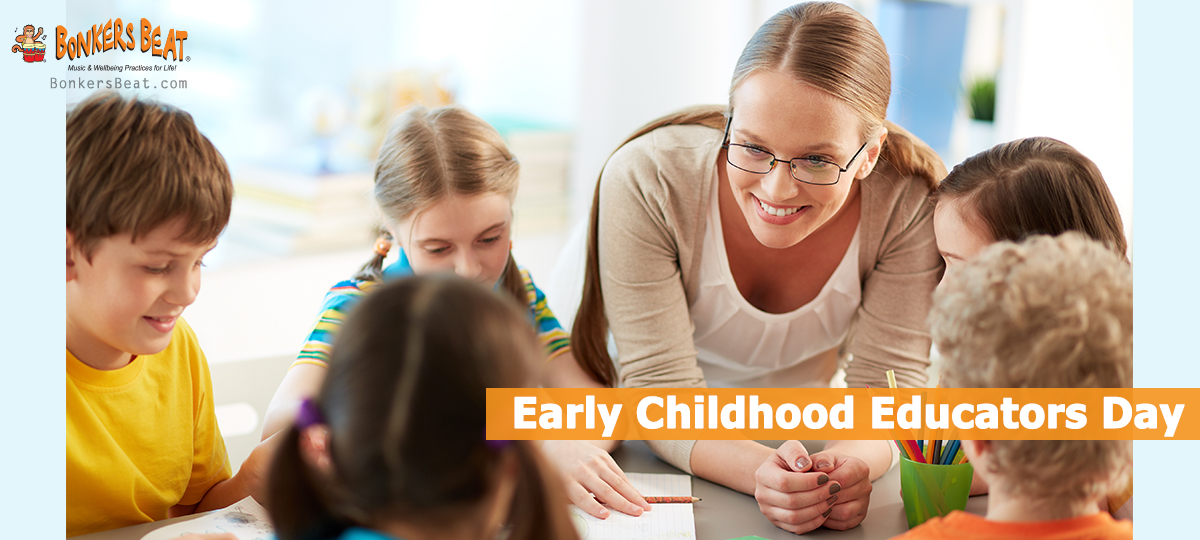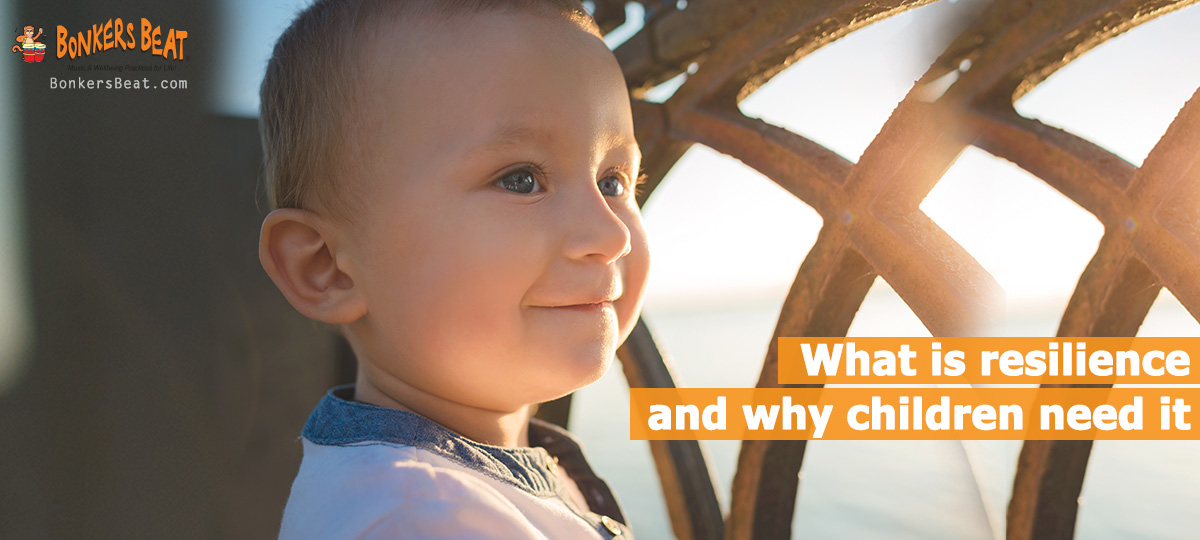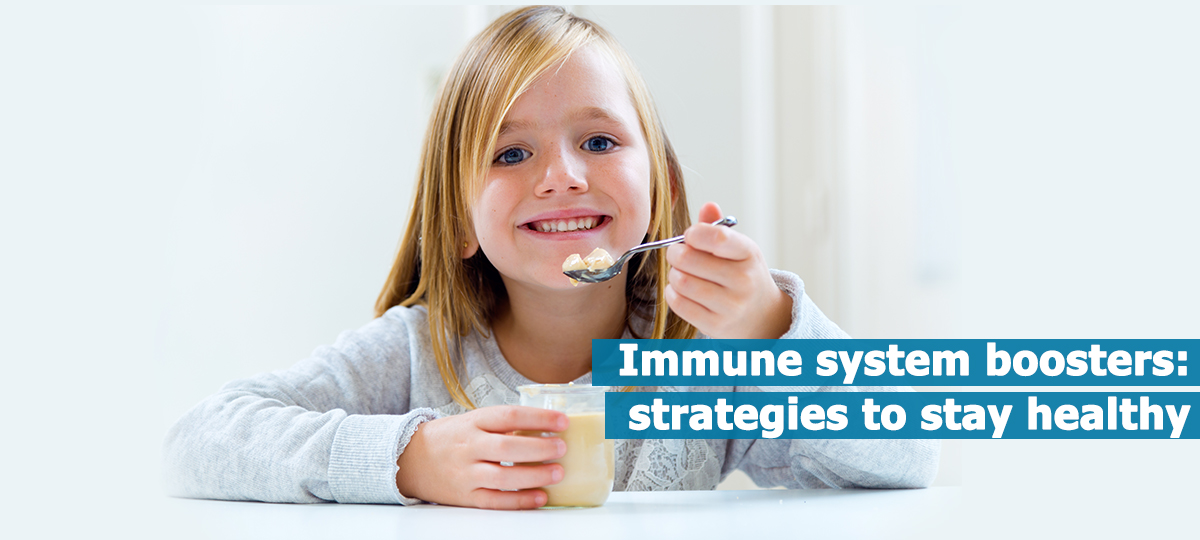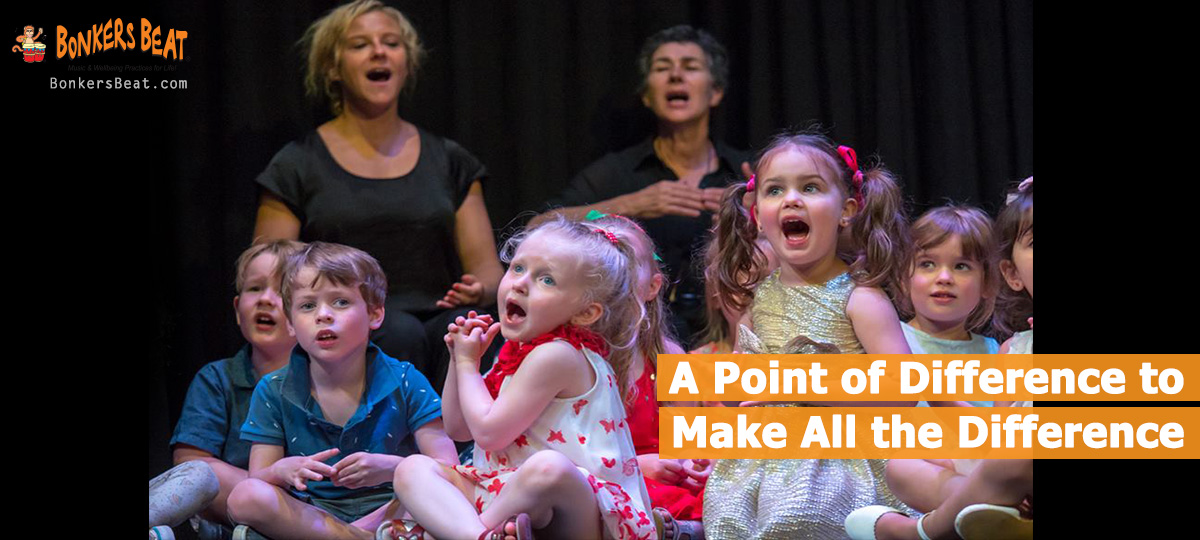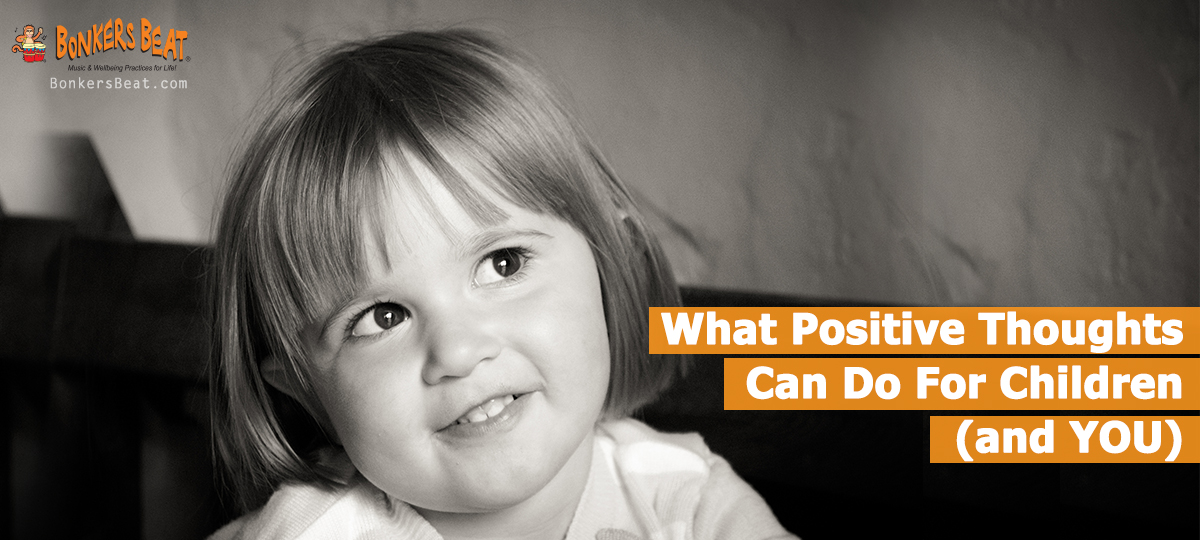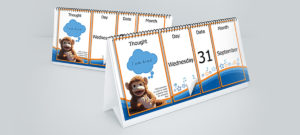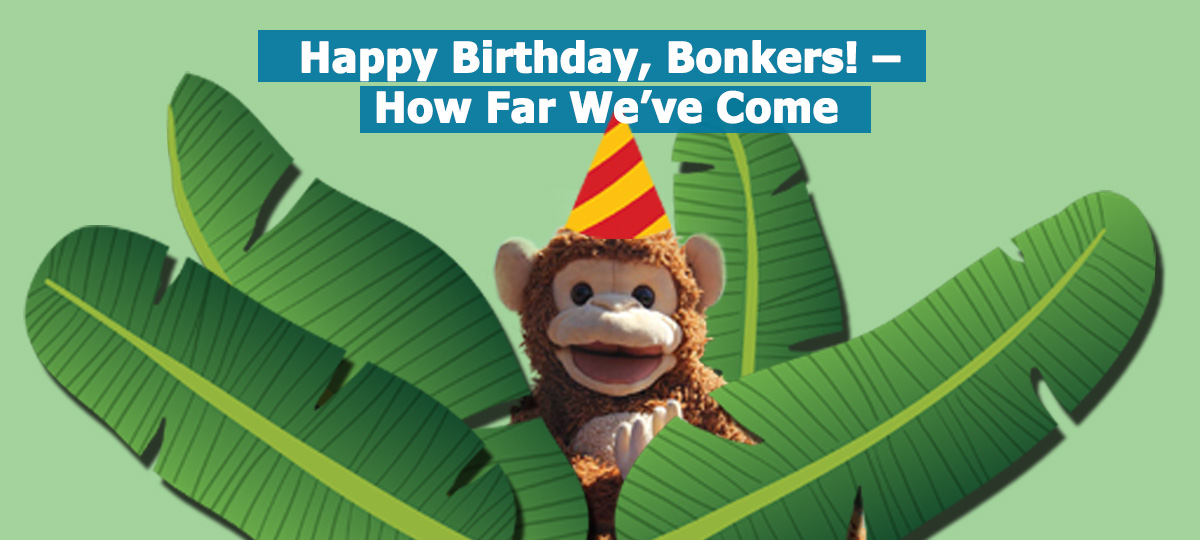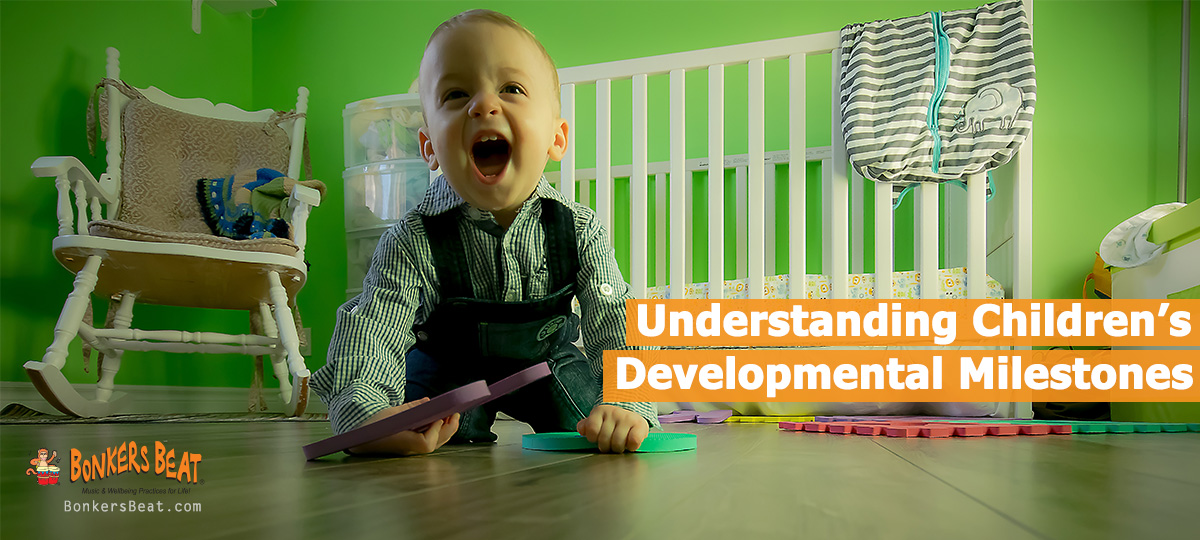When did little Sarah start reading? Can Danny write his name yet? How many children are toilet trained by age 2? Children’s developmental milestones can be exciting, but they can also bring about needless stress.
As educators, we can play a big role in guiding children toward achieving milestones. We also support parents as their children continue on their developmental journeys in our care in addition to their families.
If you’re a parent who can be a little stressed about your child hitting milestones “on time”, this article has some useful information for you to relax and enjoy your child developing in their own time.
There’s no such thing as normal
Spending every day immersed in the early childhood industry, it becomes quite clear to most educators that there is a wide range of “normal” development timing.
There does tend to be a range that we can use to determine if any particular area needs special attention for individual children. However, if your child doesn’t stand on one leg by 30 months old, there’s probably nothing to worry about.
“Normal” doesn’t take into account your child’s unique strengths, preferences, past experiences and the countless other things that can have an effect on when they achieve certain milestones.
Watching children reach milestones can be exciting! However we all need to remember that children will achieve different things at different times – and most of the time this is all just part of their own developmental journeys.
Knowledge is power
While there really is a huge range of timing for various developmental milestones, it is worthwhile knowing what is expected at various ages and stages. This is so that if there is a legitimate development delay that requires special attention or even professional guidance, you can act fast and help children to overcome any challenges they may have on their developmental journey.
Some things will be grown out of; others may need therapies or medical support. If you’re really concerned, there’s no harm in getting a professional opinion from a children’s development specialist.
Literacy and numeracy are important, but there’s more to it
At pre-school age, the top developmental concerns we see from parents tend to relate to reading, writing and counting. And while these are all really important life skills, they are also skills that children take on at different times and at various speeds.
They’re also easy to work on through reading books and making mindful observations with children about their surroundings. Incorporate counting into the drive or walk to kinder by counting letterboxes. Read the signs around the streets: STOP, school, no dogs allowed. Make the connection between reading, counting and life and create an environment of incidental learning.
Your child’s ability to play with other children, kick a ball, dance and bang a beat on a drum are wonderful skills they have developed that should be celebrated too. Take the time to focus on their strengths.
Keep parents in the know
At the end of this month, Bonkers Beat Music Kinder is having a Children’s Progress Night. This is an evening for parents to come along and find out more about what their child is learning, how they are developing, what their strengths are and where extra attention could be useful.
These evenings are a wonderful tool for educators and parents to have some dedicated discussion time to go over their child’s development. We are passionate about creating collaborative partnerships with families at centres to give their children the best start.
Of course, always maintain an open line of communication between educators and parents to ensure the best outcomes for all children.
Enjoy your children’s individual journeys – it’s not a competition
By all means, take an interest in the development of all the children in your life. Don’t get sucked into making comparisons though. Enjoy the beautiful journey as children grow and flourish from babies to toddlers to young children and eventually teenagers and adults!
For more information on milestones as clues to what to expect around certain ages and how you can help you child’s development, try this resource.

